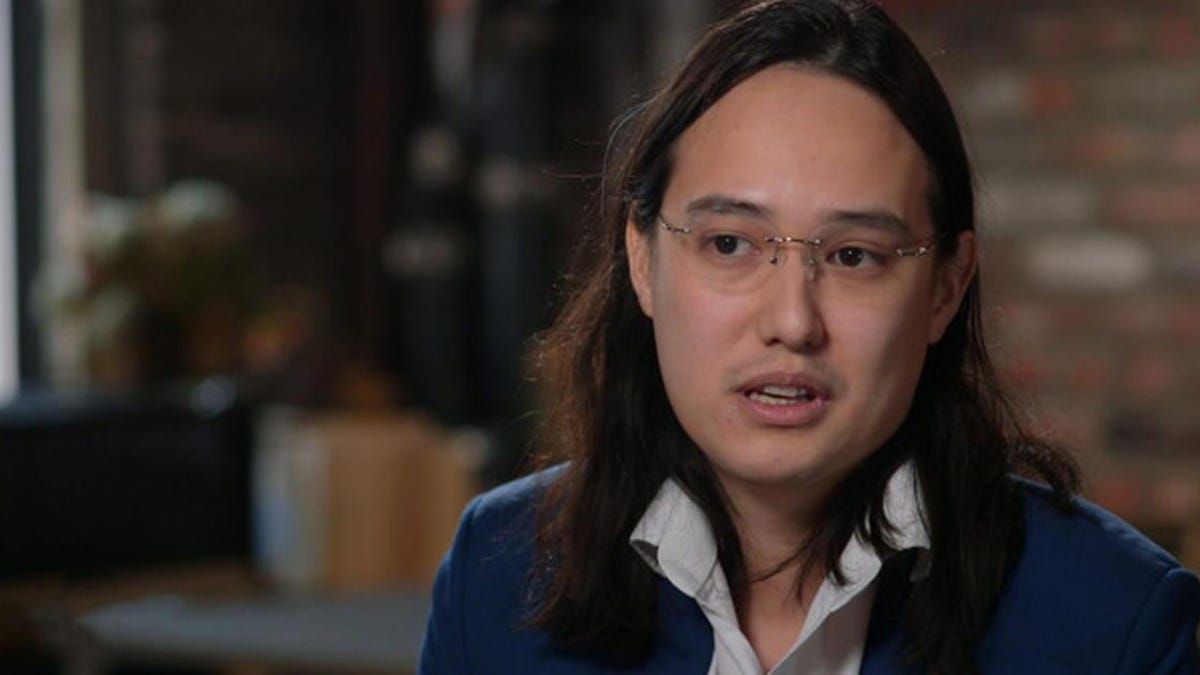UK and Australia open joint data-privacy investigation into Clearview AI
The facial recognition company is being scrutinized over its database of 3 billion photos.

Clearview AI chief executive Hoan Ton-That says the company will cooperate with the inquiry.
The governments of the UK and Australia are investigating a facial recognition company that grabbed billions of people's pictures from across the internet for use in its database. The inquiry will look at Clearview AI and whether its scraping and handling of data violated the UK Data Protection Act and the Australian Privacy Act.
"The investigation highlights the importance of enforcement cooperation in protecting the personal information of Australian and UK citizens in a globalised data environment," says a Thursday statement from the Office of the Australian Information Commissioner and the UK's Information Commissioner's Office.
Clearview AI's CEO, Hoan Ton-That, said the company would be cooperating with the investigation, and he defended the company's practices.
"Clearview AI searches publicly available photos from the internet in accordance with applicable laws. It is used to help identify criminal suspects," Ton-That said. "Its powerful technology is currently unavailable in the UK and Australia. Individuals in these countries can opt out."
Though Ton-That said the tech is now unavailable in the two countries, BuzzFeed News reported in February that Australian police had made hundreds of searches using Clearview AI, as had police in the UK.
To opt out of Clearview AI's database, you have to submit a photo of yourself for the company to permanently keep. You can opt out only if you live in a state or country that requires Clearview AI to let you.
The facial recognition company was thrown into the spotlight after a New York Times story in January. The company amassed more than 3 billion photos of people by scraping public images from websites like Facebook, Instagram, LinkedIn and YouTube, and asserted that it had a First Amendment right to do so.
Clearview AI tells customers that it can match those photos to people with pinpoint accuracy, a pitch that's landed the company clients from police departments to retail stores, according to BuzzFeed News. Critics say the technology strips away people's privacy to an alarming extent.
Tech giants like Facebook, Google and Microsoft have sent cease-and-desist orders to Clearview AI over its scraping, but the facial recognition company said it intends to challenge those requests.
The joint investigation comes three days after the Office of the Privacy Commissioner of Canada said that Clearview AI will be leaving Canada in response to a separate investigation by that agency.
The office of Canada's privacy commissioner said it's still investigating how Canadian police used the facial recognition tool, and how Clearview AI would delete data belonging to Canadians.
"The investigation of Clearview by privacy protection authorities for Canada, Alberta, British Columbia and Quebec remains open. The authorities still plan to issue findings in this matter given the importance of the issue for the privacy rights of Canadians," the office said in a statement on July 6.
Scrutiny of facial recognition has intensified following mass protests regarding racial justice and law enforcement practices. Civil rights advocates and lawmakers argue that the technology is racially biased and erodes privacy rights. Companies like Microsoft, IBM and Amazon have paused their facial recognition offers to law enforcement, citing human rights and ethical concerns, while lawmakers have proposed an indefinite national ban on facial recognition for police.
Despite the public outcry against the technology, Clearview AI has doubled down, arguing that its facial recognition can help police, even offering its surveillance technology to help track the coronavirus pandemic.

